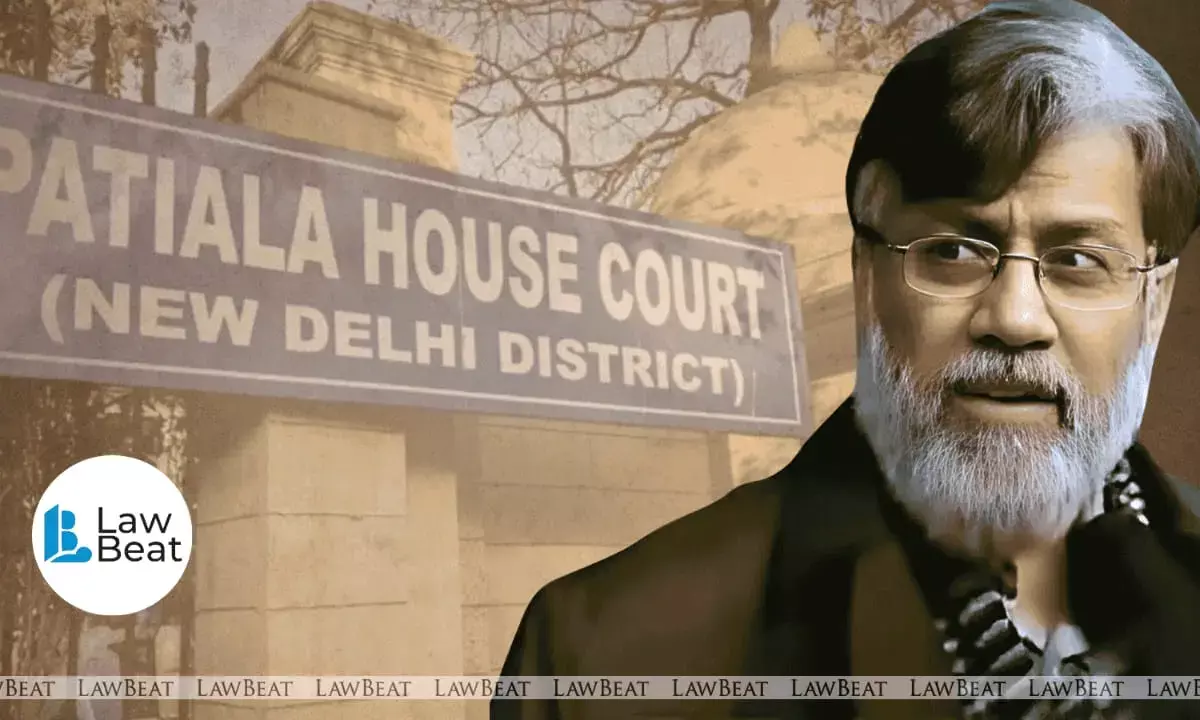Delhi Court allows NIA to collect 26/11 terrorist Tahawwur Rana's writing & voice samples

A Delhi Court on Wednesday permitted the National Investigation Agency (NIA) to collect voice and handwriting samples of Tahawwur Rana, a key accused in the 26/11 Mumbai terror attacks, who was recently extradited to India from the United States.
Special Judge Chander Jit Singh of Patiala House Court allowed the NIA's application, paving the way for further forensic examination as part of the agency’s ongoing investigation into Rana’s alleged role in the 2008 attacks that left over 170 dead and hundreds injured.
The development comes just two days after the same court extended Rana’s NIA custody by 12 days.
NIA had submitted that Rana was being confronted with a large volume of documentary evidence related to the attacks and claimed that his responses so far had been evasive.
Rana, a Pakistani-origin Canadian businessman, was recently extradited from the United States to face trial in India for his alleged involvement in the 2008 Mumbai attacks, which claimed over 160 lives and left hundreds injured.
Previously
It is to be noted that on April 28, during an in-camera hearing, Senior Advocate Dayan Krishnan, along with SPP Narender Mann, appeared for NIA. NIA sought an extension of Rana’s custody by 12 days.
Pertinently, on April 24, the Delhi Court had dismissed Rana's plea seeking permission to communicate with his family members while he remains in judicial custody.
Earlier, on April 21, the Court had issued notice to the National Investigation Agency (NIA), directing the agency to file its response.
Allegations against Rana
Rana is a key conspirator in the 2008 Mumbai terror attacks and is accused of facilitating the operations of David Coleman Headley, who conducted reconnaissance in Mumbai ahead of the 2008 attacks. According to NIA, Rana had conspired with David Coleman Headley (also known as Daood Gilani), operatives of Lashkar-e-Taiba (LeT) and Harkat-ul-Jihadi Islami (HUJI), and other Pakistan-based actors to orchestrate the devastating 2008 attacks.
From November 26 to 29, 2008, ten terrorists from the Pakistan-based LeT carried out 12 coordinated shooting and bombing attacks across Mumbai. They infiltrated the city by sea, broke into teams, and launched strikes at high-profile locations, including the Chhatrapati Shivaji Maharaj Terminus, Taj Mahal Palace Hotel, Leopold Café, and a Jewish center.
Attackers indiscriminately opened fire and hurled grenades at civilians, resulting in the deaths of 166 people, including six Americans, and injuring over 238. Property damage was estimated to exceed $1.5 billion.
Rana now faces trial in India on 10 serious criminal charges, including conspiracy, murder, commission of a terrorist act, and forgery. His extradition was ordered by a U.S. court in May 2023, but Rana pursued multiple appeals, including petitions in the Ninth Circuit Court of Appeals and the U.S. Supreme Court, all of which were rejected. On April 9, the U.S. Marshals Service executed the final surrender warrant, handing him over to Indian authorities.
After Rana’s arrival in New Delhi following his extradition from the United States on the evening of April 10. He was, on April 11, produced before Special NIA Judge Chander Jit Singh, Patiala House Court. NIA had then sought 20 days of police custody for Rana. However, the Special Judge granted 18 days of custodial interrogation.
Case Title: NIA v. David Coleman Headley
